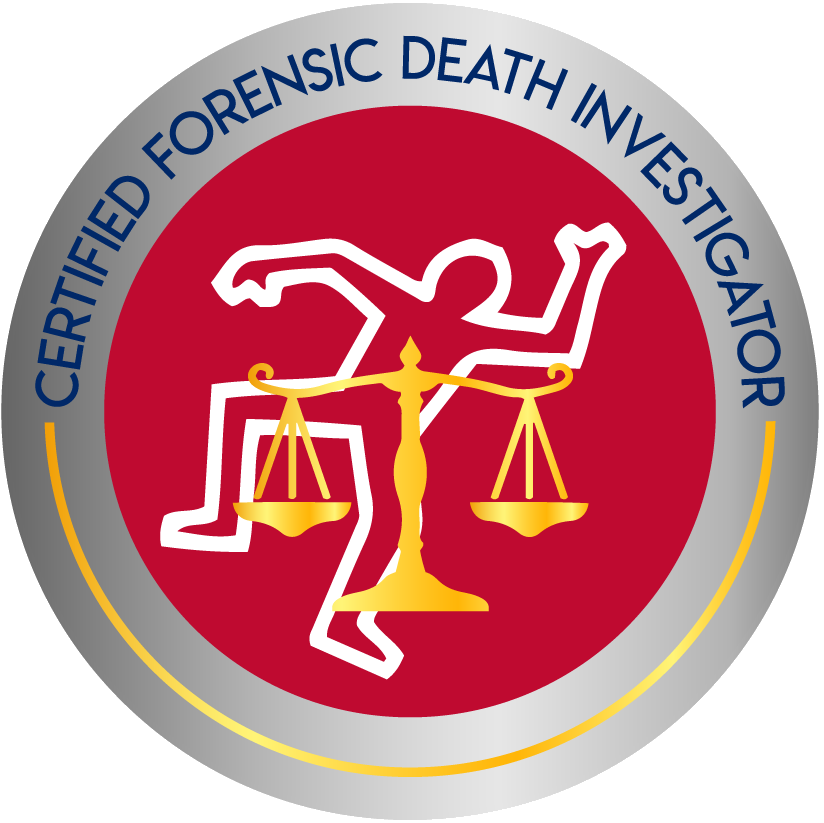
Karen did a cryptogram in a recent newspaper and this was the quote...
"There are only two mistakes one can make along the road to truth; not going all the way, and not starting." - Buddha
We were both thinking how appropriate this is to investigations.
It is also, in essence, what our friends and colleagues in FL, Brandon Perron and Brad Perron teach for the CDITC Certified Criminal Defense Investigator (CCDI) in 'Uncovering Reasonable Doubt'; and also Bill Monroe in CA also teaches and expects this. Our clients expect this. Every professional investigator we network with expects this. It is also part of Dean's book and the Protocols to Legal Investigations and an investigator cannot simply 'conduct' an investigation - they must 'complete' the investigation.
This is one area in which we find mistakes are made in law enforcement and private part investigations – from civil and criminal, to domestic and probate cases. Of course, it all begins with starting and ends with completing, the investigation. The investigation does not end when elements or theories of allegations or proven or disproven. It ends when the process of uncovering evidence and the road to the truth ends.
Not Starting
This seems logical – to complete something you must first start something. However, time and again we are contacted to review case files – new, ready for trial, or post-conviction – and find this step didn’t happen. The breakdown in this step happens at various stages from the represented client, to the attorney, to the investigator.
As the attorney or attorney’s investigator it is important to communicate with the client’s responsible case manager to determine the tasks which have been completed, are pending for various reasons, are excluded for various reasons, and finding those overlooked. Checklists become very important no matter the experience. As professional investigators we have a duty to our clients and our liability to make sure any potential task is noted, a decision made in proceeding or not, and any findings.
Without checking off all potential, assigned or declined task, and any findings it is not possible to determine if the assignment is completed.
In Dean’s book this encompasses the first two steps in the Protocols to Legal Investigations – Prepare and Inquire. Every investigator in every case should be fully up to speed on the case and evidence when proceeding into any specific investigative tasks.
Not Going All the Way
There are many tasks within the assignment to complete before the legal investigation is completed. This may be a simple review of the adverse party’s civil disclosure, or the prosecutions criminal discovery, and to the routine tasks of witness interviews and records acquisition, all the way to the complex issues of evidence analysis and discovery.
Within the given time, budget, and resources – how far an investigation can be taken may be out of the investigator’s ultimate goal. It is our duty to be as complete and details as possible within these potential limitations.
Too often we see cases in which a decision was made, by the investigator or a case manager, to not seek additional resources, witnesses, evidence, etc. because there was thought to be no need. If the area is not explored the need and potential benefit cannot be realized.
In Dean’s book this specifically encompasses the third step – Analyze. Upon completion of every investigative task the investigator should review the case and evidence to determine if they are on the path to ‘Going All the Way’ and completing the task and ultimately the investigation.
Completing the Investigation
The Protocols to Legal Investigation are designed to assure each task in the investigative assignment is completed, and ultimately the investigation is completed. Of course this is within the constraints of time, budget, and resources – and should not be constrained by ability. The professional investigator’s ability is limited only by their knowledge, experience, continuing education, and professional networking. Each stage of Prepare, Inquire, Analyze, Document, and Report is designed for the investigator to meet these goals.


